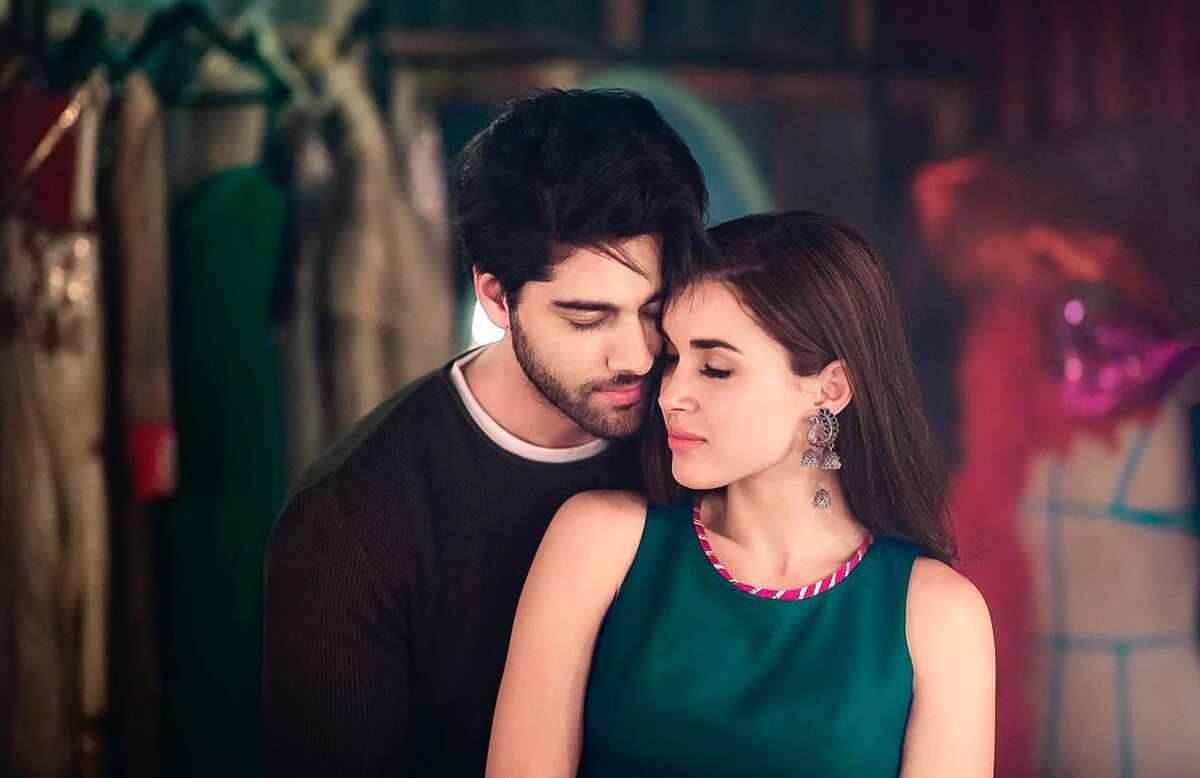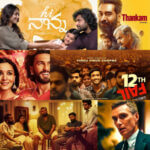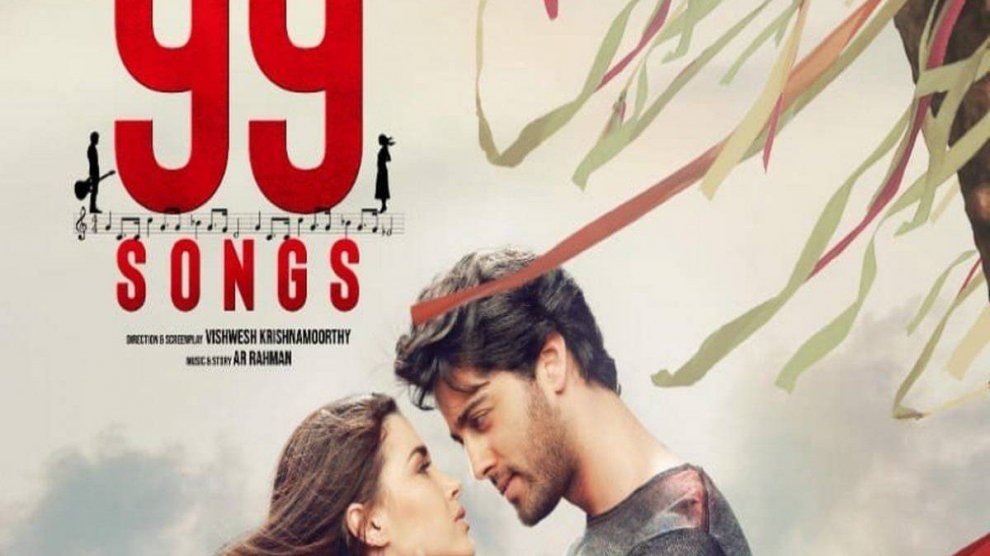-
Critic's Rating - 8/108/10
If you have ever heard a song and the music enters into you, making you aware of a divine presence, you will understand the essence of this experience, if you haven’t, it will, perhaps, come across like an exhibition of farce.
The story of 99 songs can only come from the depths of an artist’s mind and who greater than AR Rahman to explore the explosion of art within a young soul that struggles to meander through the hurdled social structure of pragmatism. Jay is a child of music, literally, the child of a mother whose effervescent voice is silenced. Jay sets out on a journey of artistry to make a song that would change the world and reunite him with his love, Sophia. Sophia is a mute young woman. Jay becomes her voice. Sophia’s father who is a businessman, tries to lure Jay into his idea for commercialisation of music and his pure love for the art lures Jay away from it. Jay challanges to make a song that would change the world, in order to attain his love back. Its in this conflict of art vs commerce that Rahman reflects his vexation with the widespread business of art that stifles the voice of discovery. Jay sets out on a journey of an artist trying to prove the, apparent, impact of his art to a world that is too indifferent to the magic of music.

This journey ebs and flows and is punctuated by heartbreaks and meanderings. This enthralling journey meets its destination when a ghost of the past introduces Jay’s mothet to him. His mother was a singer of etherial vocal beauty and his father was helplessly enchanted by her voice and married her. As her voice soured the heights of heavenly notes, his father’s career started collapsing to the ground and this compells the man to forbid his wife from singing any further, as he cites her music as the cause for his downfall. The stifled melody in her soul is transferred into the unborn child in her, leaving the essence of a tune within its soul that he would discover at the end of his journey as an artist.

This is where Rahman holds a mirror to the world’s dismissive nature of arts. The gaze of the world colours the art with a sense of irrelevance that’s a mere pass time that calls for momentary celebration of the beauty. The film climaxes in a breathtakingly surreal sequence that’s set to a riveting piano piece. Jay has opened his soul to let the lilting tune of his mother to flow through his soul and creates a piece of music that crescendos this fantastic journey of an artist who dared to go beyond the practicality of the world and grabbed the note of intuition and catapult his artistry into musical eternity.
Jay’s love Sophia is mute and cannot speak, her being the daughter of this corporate beast who silences true art is reflective in Sophia’s inability to speak. Its a writing masterstroke how Jay’s effort to reunite with his mute lover comes to fruition by adopting a tune by his mother, who was muted by her husband. The poetry in this narrative thread is the essence of this film. It is to give a voice to the choked artists of our world.

The film is not, necessarily, a perfect achievement in filmmaking but is an exercise of passion. The writing is often too extravagant to ground itself in character depth. The filmmaking aspect of it is a thing of beauty. Vishwesh Krishnamoorthy has an eye for distinct surrealistic beauty and he displays it in abundance but the storytelling aspect of it, does not quite hit the right notes. The raw, limited acting ability of the lead does not help in plastering over the fractured emotional narrative but what sours above the apparent short comings, is the ambition to give a voice to the muted artists of our world and that, it does. 99 Songs is not a perfectly fused melody but a rat-a-tat of anguish and artistic romanticism.















Add Comment